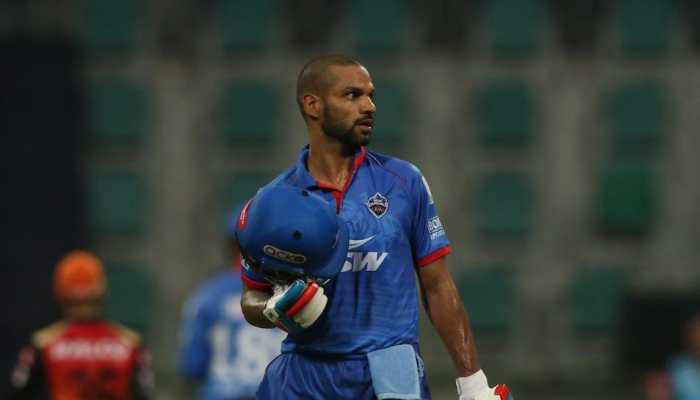Hindusthan National Glass Case: CCI Files Appeal In Supreme Court Against NCLAT Order
The NCLAT's ruling could cause delays in the approval process, impacting business efficiency.
Trending Photos
)
The Competition Commission of India (CCI) has appealed a ruling by the National Company Law Appellate Tribunal (NCLAT) regarding the procedure for issuing Show Cause Notices (SCN) under Section 29(1) of the Competition Act, 2002. The appeal focuses on the Tribunal's interpretation that both the acquirer and the target in an acquisition must receive an SCN, a departure from the CCI's practice of issuing the notice solely to the acquirer.
The case centers around the CCI's approval of AGI Greenpac Limited's acquisition of Hindustan National Glass & Industries Limited. The approval was challenged by the U.P. Glass Manufacturers Syndicate, among others, before the NCLAT. While the Tribunal upheld the approval, it observed that the CCI should issue SCNs to both parties in the acquisition, not just the acquirer.
The CCI argues that the NCLAT's interpretation of "parties" under Section 29(1) is incorrect and imposes an unnecessary burden. It also contended that issuing the SCN only to the acquirer, as per current practice, fulfills the legal requirements and aligns with the intent of the Act and Combination Regulations.
The NCLAT's ruling could cause delays in the approval process, impacting business efficiency.
The CCI's appeal seeks clarification on the interpretation of "parties" under Section 29(1) and maintains that its existing practice of issuing SCNs exclusively to the acquirer is consistent with legislative intent and should be upheld.
Appeal filed by the Competition Commission of India (CCI) against an order by the National Company Law Appellate Tribunal (NCLAT) discusses the obligations and responsibilities of the acquirer in the context of a combination under the Competition Act, 2002, and the Combination Regulations, 2011 emphasizes that in cases of acquisition, the acquirer (which is AGI Greenpac in current case) is the notifying party responsible for filing the notice and making declarations in Forms I and II of Schedule II of the Combination Regulations. As a result, the acquirer bears the liability if any penalties arises due issues like non-notification, false information and proposed commitments, said lawyers.
This highlights the central role of the acquirer in the combination review process indicating that the acquirer is the primary party responsible for compliance and bears the consequences of any non-compliance. It supports the CCI's stance that the SCN should primarily be issued to the acquirer in acquisition cases, said lawyers dealing with the case.
Stay informed on all the latest news, real-time breaking news updates, and follow all the important headlines in india news and world News on Zee News.
Live Tv







)
)
)
)
)
)
)
)
)
)
